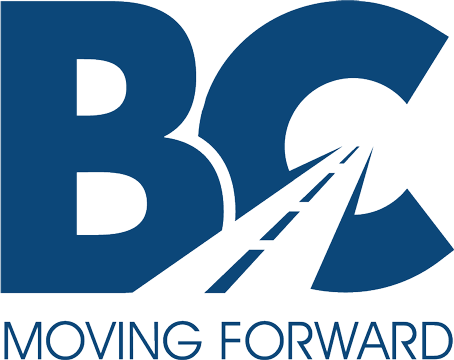With the end of the 2022-23 school year approaching, many things are on the horizon – including our Kentucky Summative Assessment (KSA) Testing. All Kentucky students take the KSA to meet federal and state testing requirements; these tests are developed by Kentucky teachers and align with the Kentucky Academic Standards in each content area.
KSA are annual tests given to Kentucky public school students grades 3-8, 10, and 11. The tests review material that was taught in the current school year, by grade. The KSA includes reading and mathematics at all grade levels, and the following once per school level (elementary, middle, and high): science, social studies, writing, and editing and mechanics. According to the Kentucky Department of Education, the assessments measure student proficiency and progress on the state contest standards and help to establish goals for what all students should know and be able to do in each grade.
BCPS will hold the annual KSA from May 10-19. Schools will provide pencils, calculators, rulers, and everything else students will need for testing.
“State test results are used to make improvements in teaching and learning,” states Dr. Brandy Howard, Chief Academic Officer. “We use the results to follow student progress and identify strengths and gaps in curriculum and instruction. They are one – but only one – measure we use to determine the effectiveness of our instruction.”
The results of these state tests become one data point teachers use to try to capture what Dr. Howard calls the “whole story” for each student. “We use a variety of ways to evaluate where each and every student is,” she continues. “We use multiple data points to try to get a clear understanding of how each student is doing and where they need extra support.”
Throughout the year, teachers teach the state standards in their classrooms. In many cases, they use common resources and formative assessments, which leads to continuity between different classrooms. Teachers will provide frequent opportunities for students to respond to questions similar to those on the state tests, including both multiple-choice and extended response questions, formats which are always included on state tests. Dr. Howard feels that using this approach allows teachers to gain information about student understanding, but also prepares students for what they will experience on the state test: “Data shows that our common formative assessments and benchmark assessments align with the outcomes that we see on our state test.”
Attendance is imperative during this testing window. Please ensure your student is present and on time.
In preparation for the KSA, here are some quick testing tips from Dr. Howard:
Ensure students get plenty of rest each night
Eat a healthy breakfast
Talk to students about doing their best
Talk to your student about the test and praise them for their hard work
Dr. Howard stated, “one test cannot possibly capture a complete picture of what a student does or does not know.” However, she wants to remind caregivers that encouraging students to do their best is important to be able to showcase students' hard work that students have put in over the last year, but do so in a supportive way that doesn’t put too much pressure on students that can create debilitating stress.
So remember – state tests are just one part of the educational experience.
Happy testing, BCPS!

